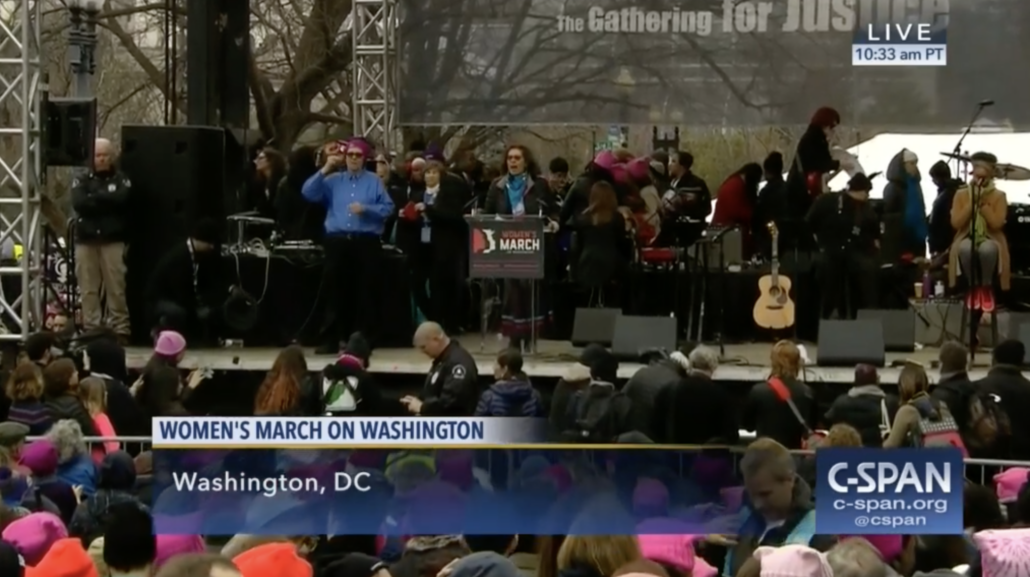Putting Solar Panels in Pipeline’s Path, Campaign to Combine Power of Sun ‘With Power of the People’
An Indigenous-led coalition is fundraising to install solar panels along the route of TransCanada’s Keystone XL pipeline to protest the project and provide renewable energy to family farms and Native communities in Nebraska and South Dakota.
“In the fight against dirty tar sands oil from crossing Indigenous treaty lands, we must also take moments to highlight the things we are fighting for,” explained Indigenous Environmental Network campaigner Dallas Goldtooth. “We will not only build renewable energy in America’s breadbasket, on Indigenous lands for Indigenous people, demonstrating the goals of a just transition towards sustainable energy, but we will build it in the face of the Keystone XL pipeline.”
“The fight against Keystone XL has always been about more than one pipeline—we’re demanding a world free of dirty fossil fuels,” added 350.org executive director May Boeve. “Putting solar in the path of this pipeline models the massive overhaul our energy system needs to stop the worst of climate change.”
This effort is just the latest phase of the Solar XL campaign launched last year by the Indigenous Environmental Network, Native Organizers Alliance, Brave Heart Society, Dakota Rural Action, Bold Nebraska, and 350.org. The groups installed an earlier round of solar arrays last summer.
The activists and landowners—who are also fighting the pipeline’s development in court—are optimistic about the message the new solar installations will send to politicians and the public alike, and compared the effort to mass demonstrations against the Dakota Access Pipeline.
“The powerful thing about alliances for mother earth is when they create a space to unlearn fear and to relearn leadership. This was true at Standing Rock, and Solar XL is another chance to learn and build a shining example of the future we want,” said Faith Spotted Eagle, a member of the Yankton Sioux Nation and the Brave Heart Society. “Our efforts to fight Keystone XL combines the power of solar with the power of the people.”
With a fossil fuel-friendly Republican Party in control of the White House and Congress, anti-Keystone XL activists continue to emphasize the importance of building broad opposition to the dirty energy industry and the politicians that back it.
“While Trump and fossil fuel executives continue to deny the writing on the wall, our resistance must grow stronger,” declared Boeve, referencing moves such as the administration’s attempt to save struggling coal and nuclear plants with a taxpayer-funded bailout. “We already know the just way forward is with renewable energy solutions like solar and wind, now we need the will.”
“Projects like Solar XL, built with grassroots financial support and owned by Indigenous communities and family farmers, are our best hope for a future of sustainable energy that delivers us from dependence on fossil fuels and the harm caused by extractive industries,” concluded Native Organizers Alliance director Judith LeBlanc Caddo.
The coalition has produced a video sharing the stories of families and communities who would be impacted by the pipeline:
Reprinted from CommonDreams.org


